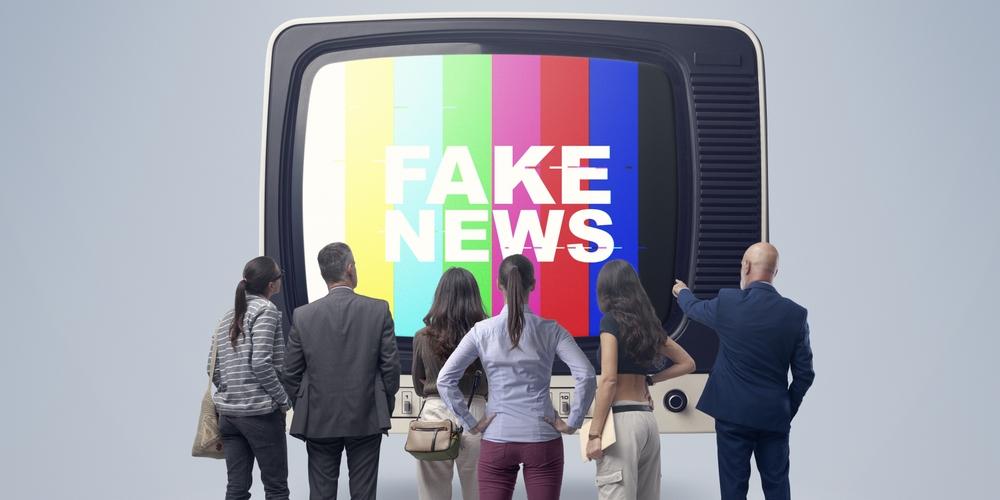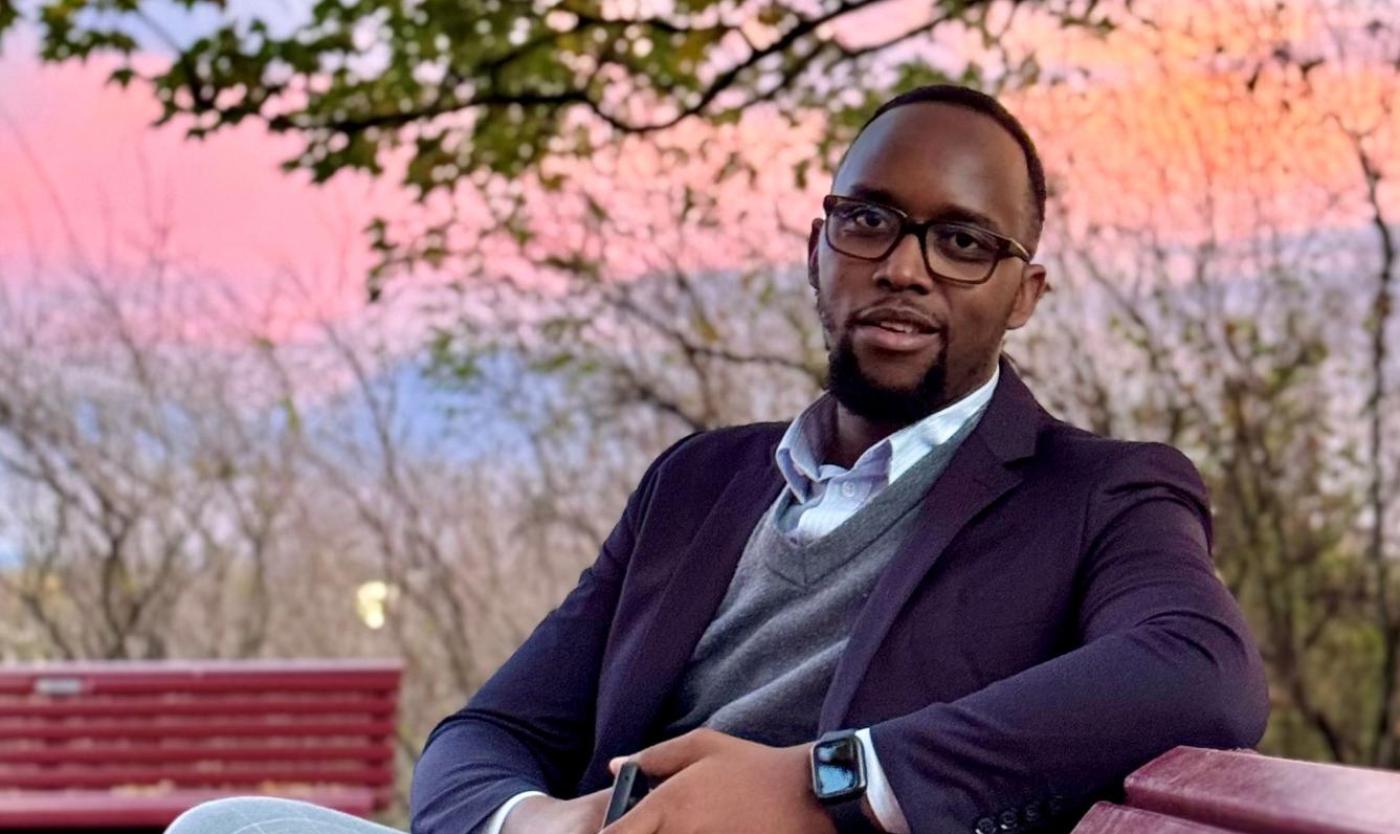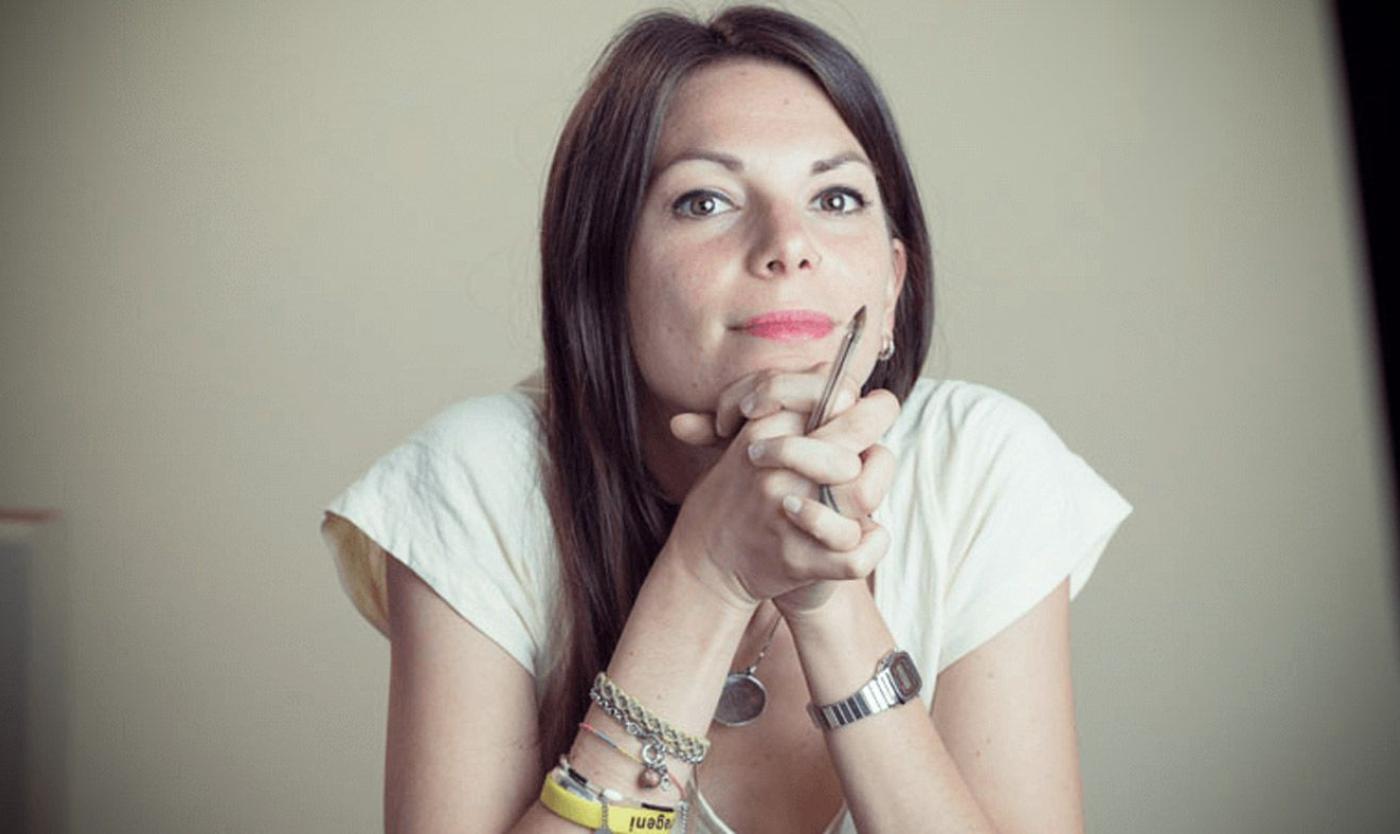
What impact is AI having on journalism? During World Press Freedom Days, held from 5 to 7 May in Brussels, UNESCO is focusing on the risks that artificial intelligence poses to press freedom. Tawfik Jelassi, UNESCO’s Assistant Director-General for Communication and Information, voiced his concerns: “The threat of disinformation is now the greatest global risk—ranking above violence and even climate change.”
Find out more about Difference Day and book your ticket now.
Let’s stir the pot for a moment. Artificial intelligence doesn’t just bring risks for journalism. The fact that AI can transcribe this interview saves me time—time I could spend doing research instead.
“Absolutely. And beyond transcription, AI can also translate the text and help distribute the article globally. In that sense, AI democratises access to information and has the potential to empower users around the world. AI offers many possibilities and benefits, but, like any other technology, it comes with its own risks and challenges. When it comes to journalism and the media, there’s a real danger that AI could be used to mass-produce and spread disinformation and hate speech. That’s something we at UNESCO are deeply concerned about. Back in January, the World Economic Forum in Davos identified disinformation as the single biggest global risk—greater even than climate change, violence, or any other threat. Disinformation affects all of us. We saw this in Romania last December, when the Supreme Court had to annul the presidential election result because digital platforms had been used illegally to sway undecided voters.”
“An algorithm isn’t neutral. It comes with built-in biases”
What makes the impact of AI different from previous technologies?
“It’s the sheer power of this technology. AI can process millions of pieces of information in a single second. The algorithms are also so advanced that they can mimic the way humans think and reason. But the most crucial difference is that the machine learns independently—without human intervention. With earlier information and communication technologies, humans were still at the wheel.”
If AI is that powerful, couldn’t it also be used for fact-checking?
“That’s something many are calling for—just as they are for AI-assisted content moderation. But the problem is, an algorithm is not neutral. It has biases built into it. And we don’t even know what those are, because algorithms aren’t transparent—they’re a black box. As long as that remains the case, we won’t be able to build a fair, self-regulating digital information ecosystem.”

awfik Jelassi, UNESCO’s Assistant Director-General for Communication and Information
“Without facts, there is no truth”
Elon Musk would likely argue here that content moderation infringes on the right to free speech.
“An individual’s freedom ends where another’s begins. That’s the basic principle of liberty. When freedom poses a risk or causes harm to fellow citizens, we need rules. We don’t hand every citizen a machine gun in the name of freedom, do we? So, freedom of expression doesn’t mean the freedom to spread harmful content, nor the freedom to disseminate misinformation or disinformation. Nor does it mean freedom to engage in online harassment. We cannot allow that. We all remember what happened in Myanmar a few years ago. The genocide that took place there was fuelled by a digital platform that allowed hate speech to spread unchecked between communities. It ended with one group being incited against another. Hundreds of thousands of lives were lost. We need effective governance of digital platforms.”
What exactly is UNESCO’s role in the fight against disinformation?
“In 2021, Nobel Peace Prize winner Maria Ressa, a journalist from the Philippines, said: ‘Without facts, there is no truth. Without truth, there is no trust. And without trust, we can’t have a shared reality on which we can act.’ Fact-checking is the cornerstone of society. That’s why, three years ago, we launched the Towards an Internet of Trust initiative. After gathering input from stakeholders across more than 130 countries, we published the UNESCO Guidelines for the Governance and Regulation of Digital Platforms one year ago. These focus on principles like transparency and independent oversight. We believe all actors within the information ecosystem must adhere to these, so that users can begin to trust the information they find online once more. These guidelines are now being implemented in several countries, particularly across the Global South. UNESCO may not be a regulatory body, but we can act as a facilitator—bringing all sides together at the global level.”
“In most cases, influencers and content creators haven’t had any formal training in journalism”
Why is it important to tackle this at a global level?
“According to the UN’s Global Risk Report, many countries are simply not prepared for the growing threat of fake news and disinformation. Every country ought to have regulations in place for digital platforms—regulations that take into account their own social and cultural contexts. But many countries either lack such frameworks or, if they do exist, they’re unable to get the major digital platforms to engage. Those platforms often say: ‘There are 200 countries in the world—we can’t comply with every set of rules.’ That’s where UNESCO can step in, to coordinate and lead that global dialogue.”
Our conversation has shifted from journalism to digital platforms. How are they connected?
“Journalism is a vital part of today’s digital information ecosystem. But news media are no longer the only sources of information. Influencers and digital content creators now have enormous reach—some with followings of 50 to 60 million people. Yet most of them have had no journalistic training. Some don’t even know what the Universal Declaration of Human Rights is. That’s why we’re focusing on this group as well. Since last autumn, we’ve been running online training sessions for digital influencers and content creators—and already, 10,000 people have signed up.”
So far we’ve talked mostly about information providers. Is UNESCO also working to raise awareness among users?
“Yes, absolutely. We have an educational programme focused on media and information literacy. We’re working with over 35 countries to integrate media and information skills into national curricula. The goal is to equip users with the ability to think critically and assess the reliability of what they consume—for example, by encouraging them to question sources and adopt a more analytical mindset. We’ve also introduced the concept of ‘media and information literate cities’, where we spread the message across public spaces: Think critically, click wisely. This is a long-term effort, but we hope the societal benefits will soon become visible. Considering that young people now spend more hours online than they do in school, bringing about positive change is absolutely essential.”
From 5 to 7 May, you’ll be marking World Press Freedom Day with a conference in Brussels. What are you personally looking forward to?
“We’re expecting nearly 2,000 participants, including policymakers, journalists, academics, representatives from digital platforms, and NGOs. I’m looking forward to a rich discussion on the impact of AI—on the flow of information, on the creation and distribution of content, on the journalism profession, and the role of media channels. But what I’m especially excited about is the AI avatar, which—for the first time—will be taking part in the conference as a fully-fledged participant.”
Curious about the forces shaping world politics?
Discover VUB's study programmes:
Microcredentials and postgraduates: Democracy: challenges and futures EU Policy Making
Bachelors: Politieke wetenschappen Social Sciences
Masters: European Integration European and International Governance
ALL PROGRAMMES IN ENGLISH ALL PROGRAMMES IN DUCTH

